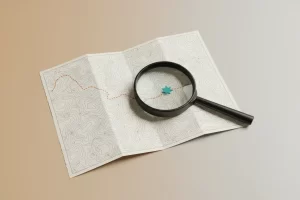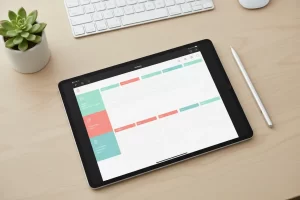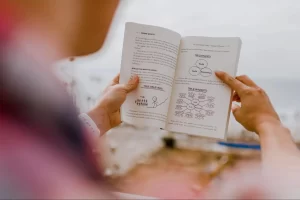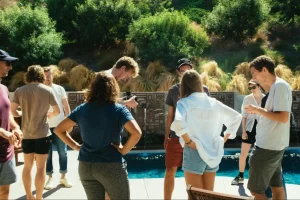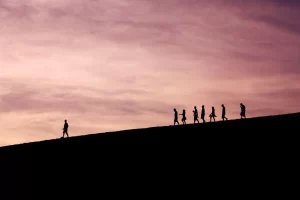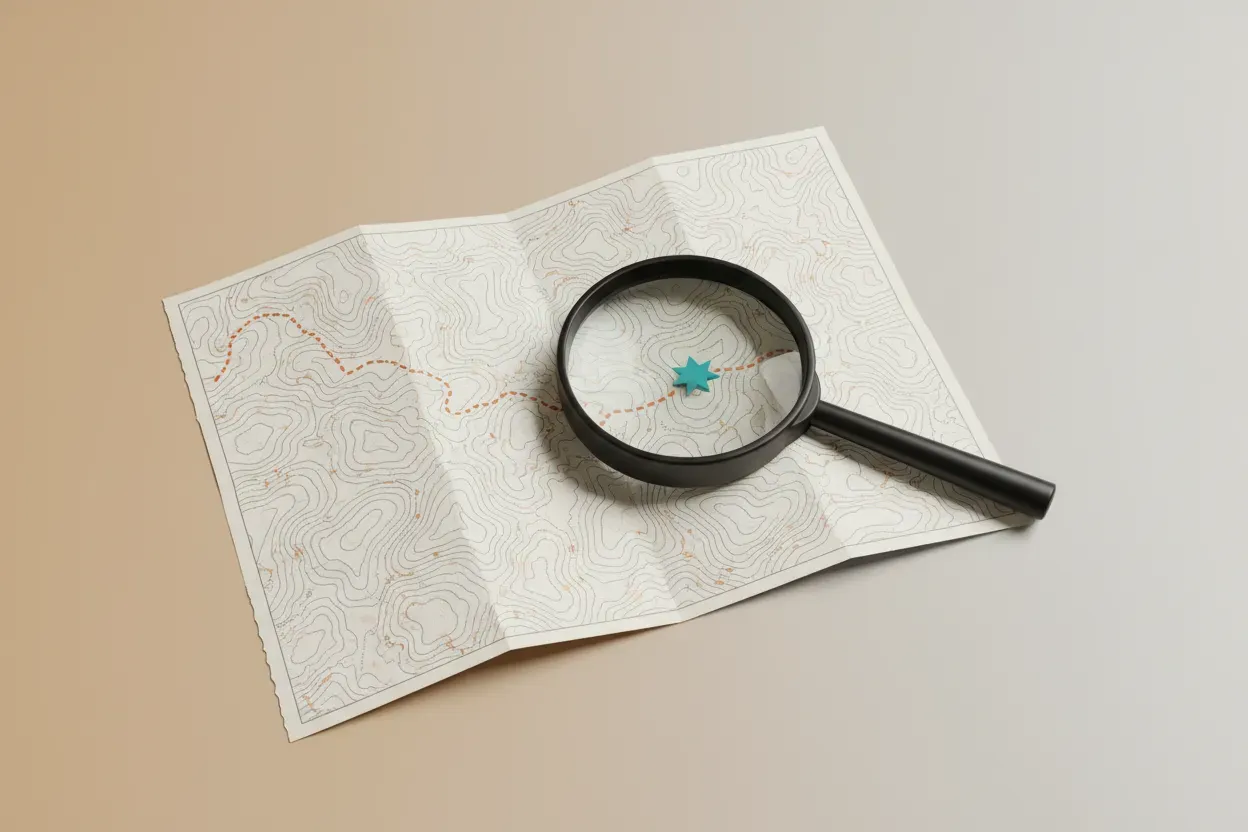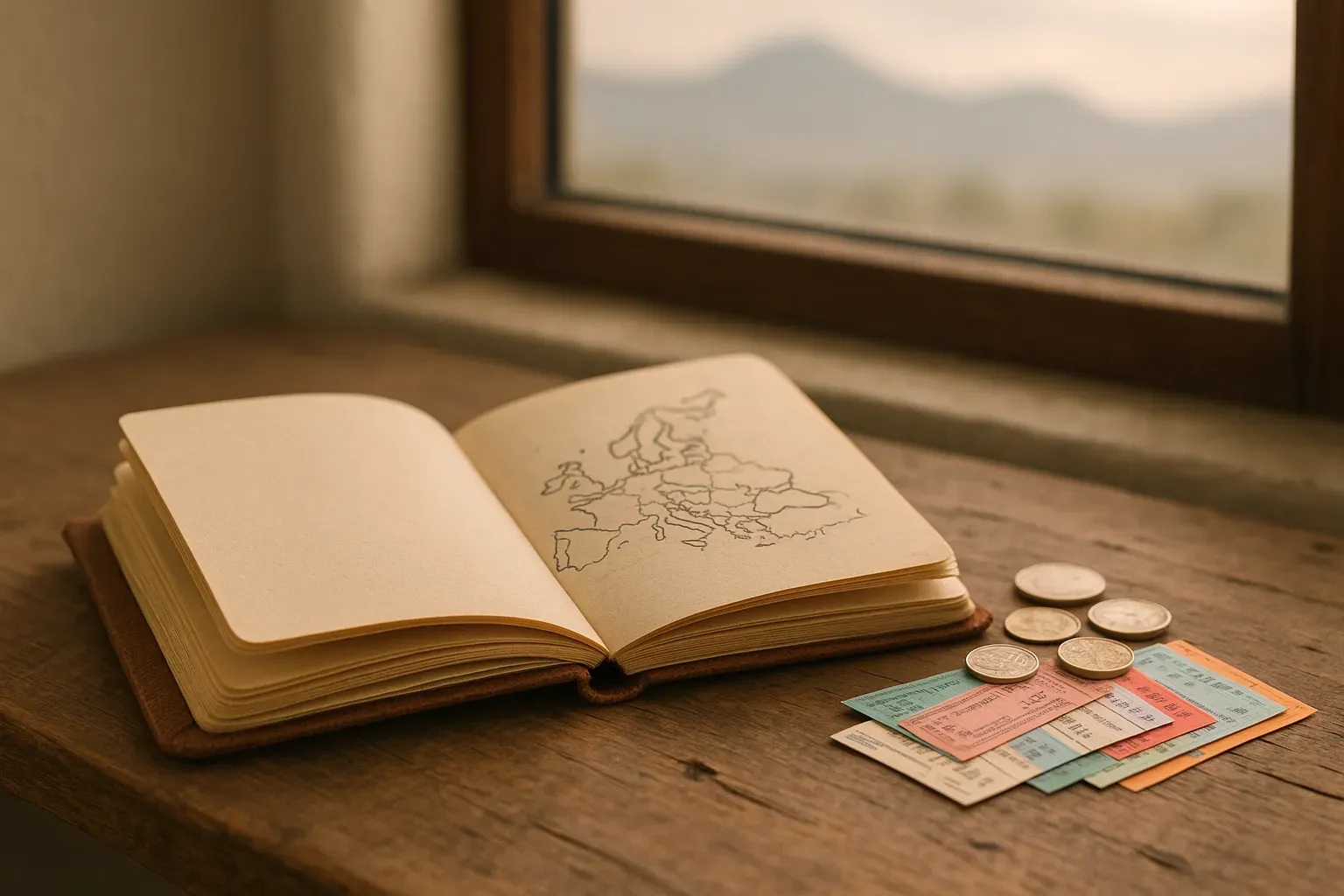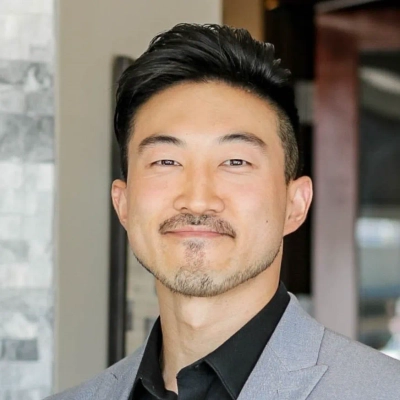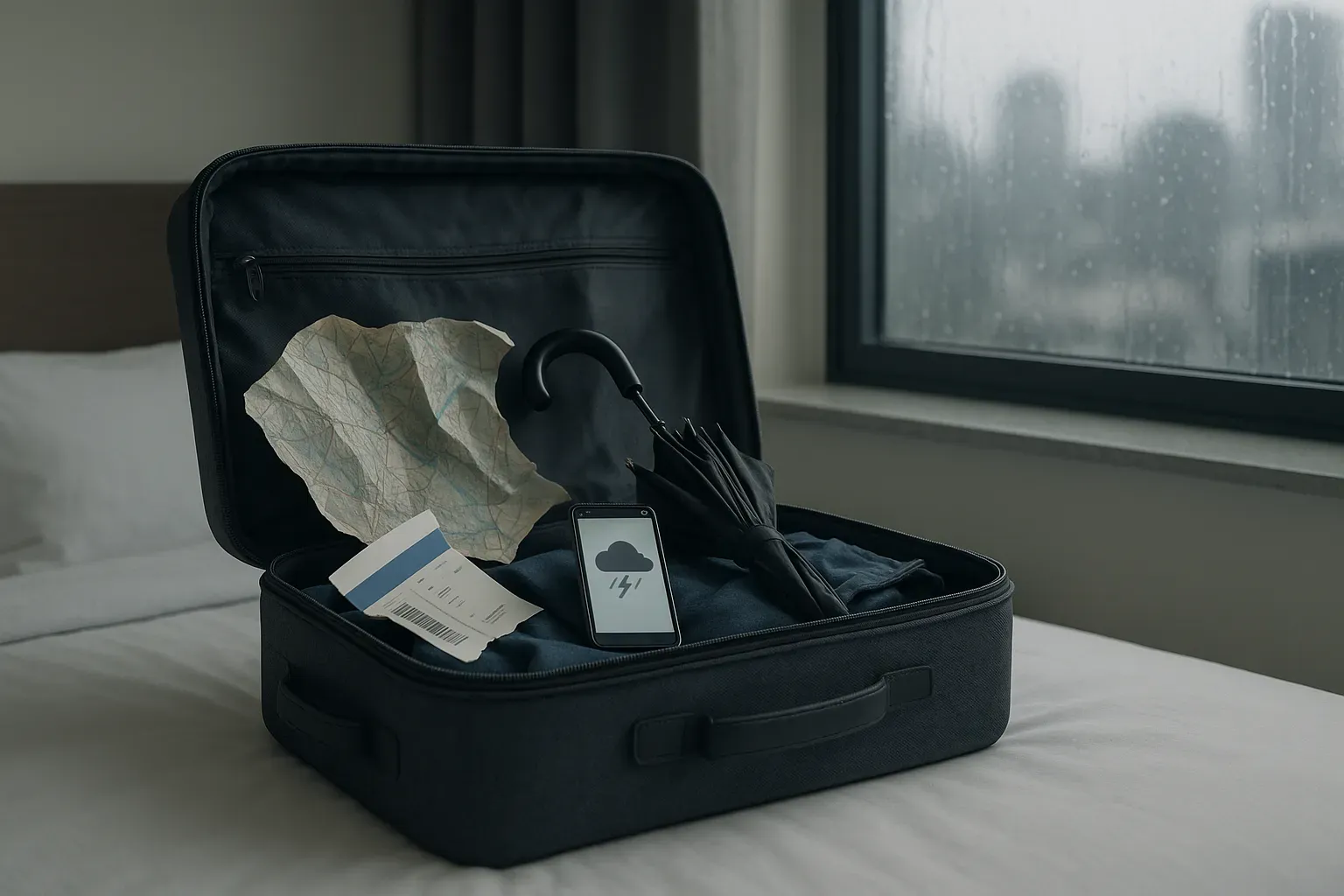25 Tips for Making the Most of Your Money During Budget Travel
Discover proven strategies for making travel dollars stretch further with expert-backed insights from seasoned globetrotters. This comprehensive guide reveals practical techniques for experiencing authentic destinations without emptying your wallet. From finding local dining gems to trading skills for accommodation, these actionable tips transform ordinary budget travel into extraordinary adventures.
- Budget Bus Journey Creates Unforgettable Memories
- Slow Travel Enriches Mexican Budget Adventure
- Cruise for Affordable Natural Beauty
- Find Beauty in Simplicity and Free Experiences
- Volunteering Opens Doors to Cultural Immersion
- Trade Skills for Accommodation in Wine Country
- Invest in Quality Gear Once
- Spend on Experiences, Not Window Dressing
- Travel Like a Local, Connect More
- Budget for Experiences, Scrimp on Logistics
- Sublets Transform Tourist Trips to Local Living
- Plan Around Purpose, Not Luxury
- Pack Light, Bring One Special Item
- Invest in Value, Not Convenience
- Track Expenses Like Billable Hours to Save
- Keep Your Home Routine While Traveling
- Local Connections Transform Budget Travel Experience
- Share Accommodations With Other Conference Attendees
- Plan Around Moments, Not Miles
- Ration Friction, Not Money
- Embrace Flexible Destinations for Budget Trips
- Ask Locals Where They Eat
- Skip Hotel Bars for Real Business Insights
- Combine Funds for Affordable Outdoor Adventures
- Research Free Events Before Your Trip
Budget Bus Journey Creates Unforgettable Memories
I was travelling for 6 months through Southeast Asia and towards the end of my trip, due to not working for half a year, my savings had started to dwindle. Some friends I had met and began travelling with wanted to fly to Hanoi, Vietnam from Vientiane, Laos in time for the weekend; except we didn’t know it was a public holiday, so the last-minute flights were extremely high. I really couldn’t justify the cost, so I decided to take a 24-hour bus between the two cities instead. I saved myself over 80% in cost by choosing the bus, got to see some beautiful countryside scenery, meet some amazingly friendly people along our rest stops, and actually enjoyed the company of those taking the bus with me. My friends (that I was meeting in Hanoi) actually regretted taking their short flight as the experience I had seemed so much more enjoyable. Yes, it was long, and yes, there were long stretches of road that didn’t offer much excitement, but I’ll certainly never forget playing cards and chatting to the other travellers on a budget and becoming friends for our 24-hour bus journey. I’d always recommend taking the scenic route and slow travel if you’re not strapped for time as you’ll experience much more than you ever will from a plane.

Slow Travel Enriches Mexican Budget Adventure
My most affordable trip was one month in southern Mexico. I would bunk at modest guesthouses, ride in shared vans from one small town to another, and organize days around local markets. There was Oaxaca, where I ate cheap set lunches in the morning market and rode a village bus to visit artisans, only to end up watching sunset from the central square with brass bands playing. It was dirt cheap, yet it felt rich because I was living daily life — sampling mezcal at the distillery, witnessing festival practice in church courtyards, and connecting through hostel notices and shared cabs. My top tip: slow down. Pick one paying “must-do” each day, and make everything else nearby free or almost free: walking tours, markets, parks, community events. Less moving pays off in saved transportation costs, lower weekly room rates, and more real moments.
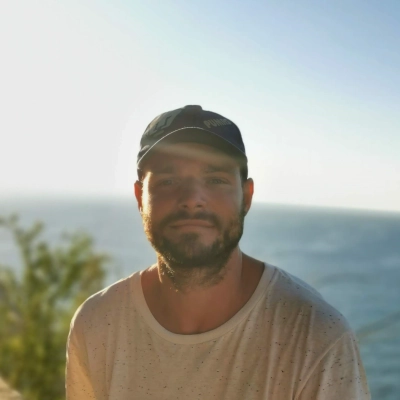
Cruise for Affordable Natural Beauty
My most memorable travel experience on a budget was a nine-day cruise through the ABC Islands — Aruba, Bonaire, and Curacao. It cost less than $1,000, but what I carried home was worth far more: peace, perspective, and renewed gratitude for the beauty of God’s creation.
In Bonaire, I took a taxi to the Buddy Dive Center and spent the morning exploring the coral nursery just offshore, where they’re restoring staghorn and elkhorn corals one fragment at a time. The reef was alive — blue tangs, parrotfish, angelfish, and the delicate arms of a Basket Star curling like lace in the current. I even spotted a tiny orange nudibranch glowing against the rock. The whole scene moved gently with the surge — not swaying, but breathing with life. Spending money there felt good, because it helped nurture that living cathedral.
Later, we watched flamingos stride through the pink salt flats and had lunch beside an endangered iguana basking on a stone wall. I brought home a pouch of Bonaire’s pink sea salt — a simple, inexpensive souvenir that somehow tastes like sunshine and fond memories.
In Curacao, I joined a spelunking tour through warm, above-ground caves. Bats darted past the guide’s soft flashlight. Most rooms were in darkness, but one opened into a golden skylight, its walls rippling with the texture of time and water.
In Aruba, I spent the afternoon diving off De Palm Island with a guide who led us to the edge of a breathtaking drop-off — plunging thousands of feet into the inky blue beyond. The water was alive with sergeant majors, butterflyfish, and drifting sea fans. When we reached the edge, it was as though the ocean inhaled, and we were part of its breath.
At $111 per night, it’s less than I’d pay for a beachfront hotel — where I’d still have to cook, clean, and entertain myself. On a cruise, everything moves with you: meals, sunsets, friendships, and faith renewed with every horizon. It’s one of the few kinds of travel where the smaller your budget, the greater your return — because every sunrise, shoreline, and quiet moment at sea is already included.
A wise man once said the world is a book, and those who never travel have read only the first page. Cruising lets me keep turning the pages — to expand my thinking, to marvel at creation, and to remember that rest, too, can be an act of worship. Sometimes that happens in the sunshine beside a pool. And sometimes, it’s in a coral cathedral, with fish for therapists and the sea itself whispering grace.

